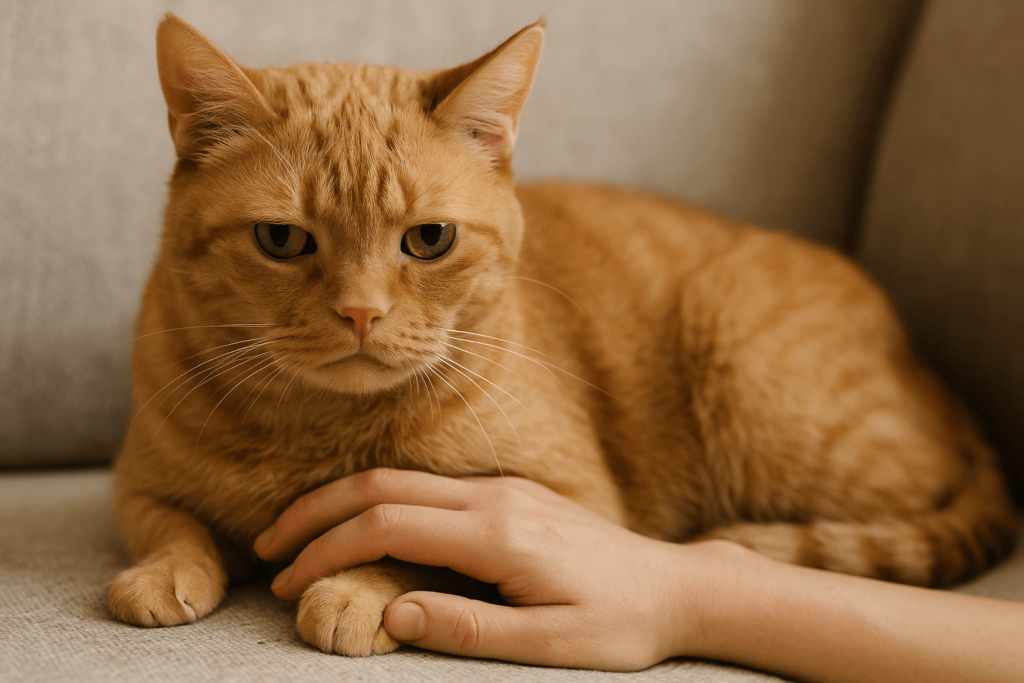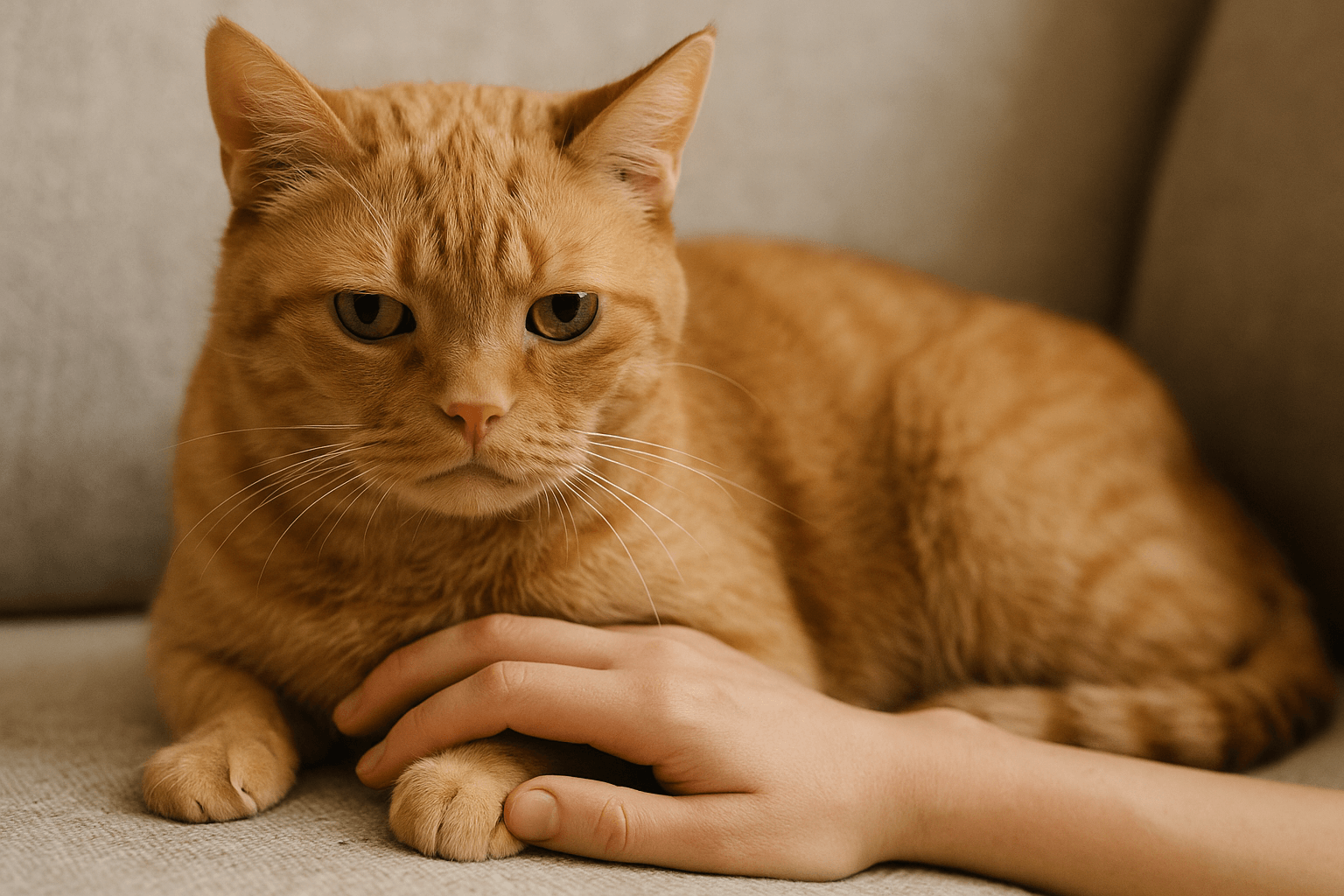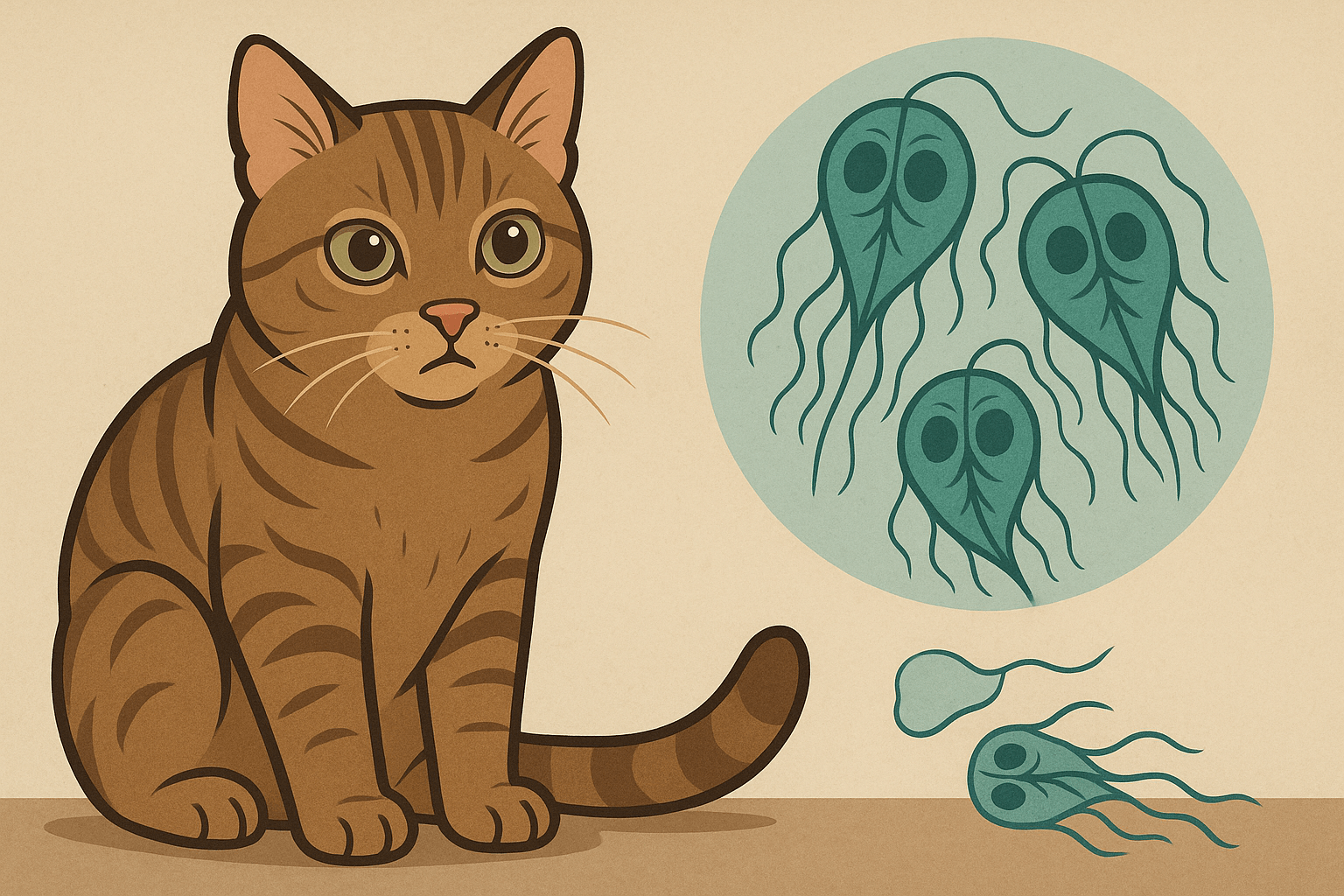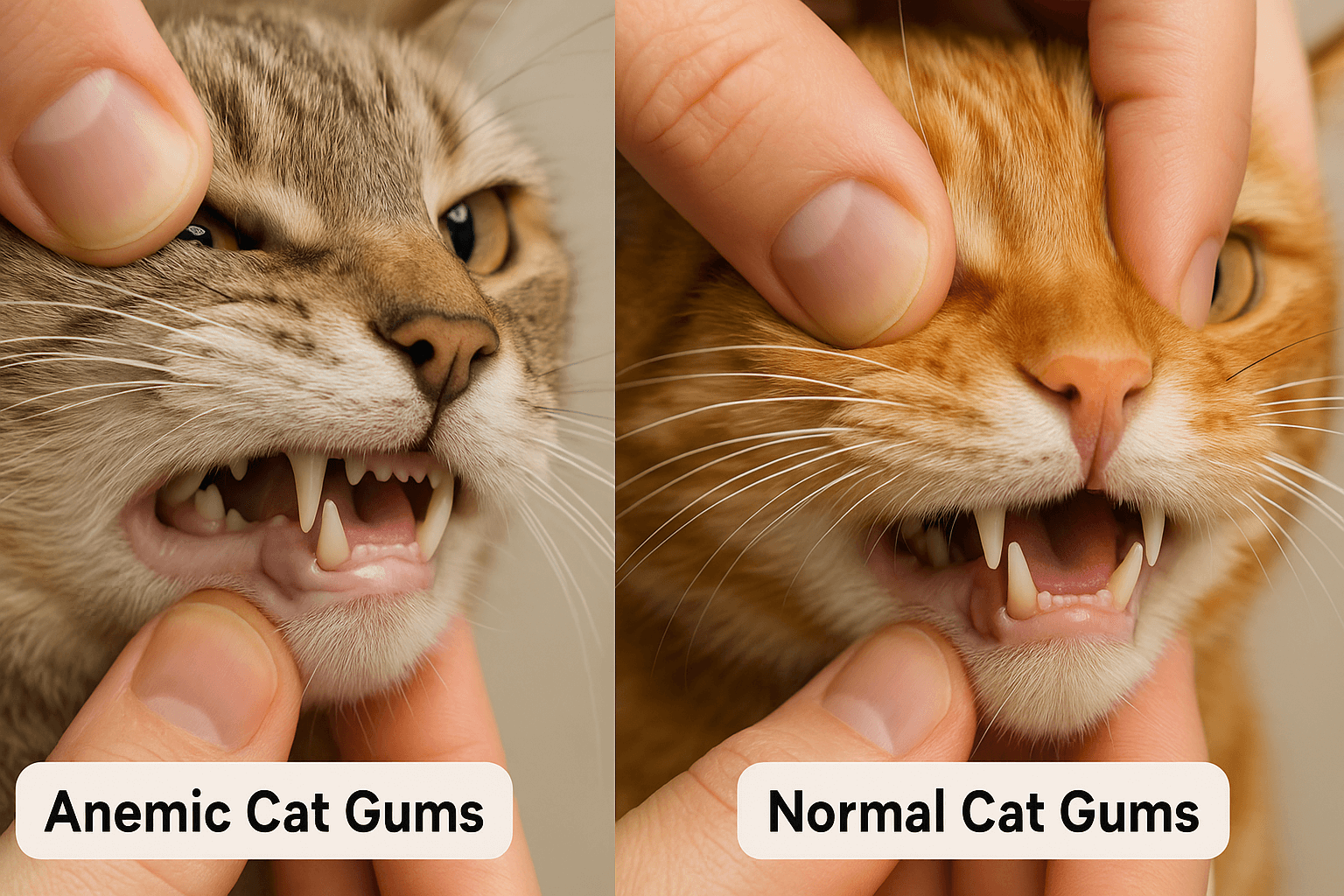Understanding Pancreatitis in Cats: Causes, Symptoms, and Care
Pancreatitis in cats is a complex and often misunderstood condition that can have serious implications for your feline friend’s health. The pancreas, a vital organ responsible for producing digestive enzymes and regulating blood sugar, becomes inflamed during this illness. While the exact cause of pancreatitis in cats is not always clear, its symptoms can range from subtle to severe, making early detection and treatment crucial. Understanding this condition empowers cat owners to recognize warning signs, seek timely veterinary care, and provide the best possible support for their pets. Let’s explore everything you need to know about pancreatitis in cats, from diagnosis to long-term management.
Common Symptoms of Pancreatitis in Cats
Recognizing the signs of pancreatitis is essential for prompt intervention. Since cats are masters at hiding discomfort, their symptoms may initially appear mild or vague. Here are some key indicators to watch for:
Lethargy and Weakness:
A cat with pancreatitis may seem unusually tired or reluctant to engage in normal activities like playing or exploring.Loss of Appetite:
Decreased interest in food is a common early sign, as digestive issues can make eating uncomfortable.Vomiting and Diarrhea:
Gastrointestinal distress often accompanies pancreatitis, leading to frequent vomiting or loose stools.Abdominal Pain:
Cats may exhibit sensitivity when their abdomen is touched, or they might adopt a hunched posture due to discomfort.Dehydration:
Excessive vomiting or refusal to drink water can quickly lead to dehydration, which worsens the condition.
If you notice any combination of these symptoms, it’s important to consult your veterinarian promptly. Early diagnosis and treatment can significantly improve outcomes for cats with pancreatitis.

Potential Causes and Risk Factors of Pancreatitis in Cats
While the exact cause of pancreatitis in cats isn’t always identifiable, several factors can contribute to its development. Understanding these risks helps in prevention and management.
Dietary Indiscretion:
Consuming fatty or inappropriate foods can trigger inflammation in the pancreas, especially in sensitive cats.Underlying Health Conditions:
Diseases like diabetes, inflammatory bowel disease (IBD), or liver disorders increase the risk of pancreatitis.Trauma or Injury:
Physical trauma to the abdominal area can damage the pancreas and lead to inflammation.Infections:
Certain viral or bacterial infections may predispose cats to developing pancreatitis.Age and Breed Predisposition:
Older cats and certain breeds, such as Siamese, are more prone to this condition than others.
By addressing these potential triggers, cat owners can take proactive steps to minimize their pet’s risk of developing pancreatitis.
Check this guide 👉Understanding Cat Blood Sugar Levels: Best 7 Expert Tips!
Check this guide 👉How to Take Cat Blood Pressure: Best 7 Expert Tips!
Check this guide 👉Understanding Cat Bloodwork Costs: Best 7 Health Tips!
Signs Your Cat May Have Pancreatitis | Steps to Take if You Suspect Pancreatitis |
|---|---|
Lethargy and weakness | Schedule an immediate vet appointment |
Loss of appetite | Monitor hydration levels closely |
Vomiting and diarrhea | Withhold food temporarily under vet guidance |
Abdominal pain | Avoid giving medications without advice |
Dehydration | Provide fresh water and encourage drinking |
Diagnosing Pancreatitis in Cats
Diagnosing pancreatitis in cats requires a thorough evaluation by a veterinarian, as the symptoms can mimic other conditions. Here’s what typically happens during the diagnostic process:
Physical Examination:
Your vet will check for signs of abdominal pain, dehydration, and overall health status.Blood Tests:
Specific tests, such as fPLI (feline pancreatic lipase immunoreactivity), help confirm inflammation in the pancreas.Imaging Techniques:
Ultrasound imaging allows veterinarians to visualize the pancreas and identify abnormalities.Medical History Review:
Providing details about your cat’s diet, behavior changes, and recent illnesses aids in accurate diagnosis.Exclusion of Other Conditions:
Ruling out diseases like IBD or liver issues ensures the correct treatment plan is implemented.
A comprehensive approach to diagnosis ensures that your cat receives appropriate care tailored to their specific needs.
Managing and Treating Pancreatitis in Cats
Once diagnosed, managing pancreatitis involves a combination of medical treatment and lifestyle adjustments. These strategies aim to reduce inflammation and support long-term recovery.
Hospitalization for Severe Cases:
Cats with acute pancreatitis may require IV fluids and hospital monitoring to stabilize their condition.Medications to Control Symptoms:
Anti-nausea drugs, pain relievers, and antibiotics may be prescribed to alleviate discomfort and prevent complications.Dietary Changes:
Switching to a bland, easily digestible diet helps reduce strain on the pancreas during recovery.Gradual Reintroduction of Food:
Feeding small, frequent meals prevents overwhelming the digestive system.Ongoing Veterinary Follow-Up:
Regular check-ups ensure the pancreas is healing properly and allow for adjustments to the treatment plan.
With proper care and attention, many cats recover successfully from pancreatitis and regain their quality of life.
Preventive Measures for Pancreatitis
Taking preventive measures can significantly reduce the likelihood of your cat developing pancreatitis. These proactive steps focus on maintaining overall health and minimizing risk factors.
Provide a Balanced Diet:
Feed high-quality, species-appropriate food that meets your cat’s nutritional needs without excess fats or fillers.Avoid Sudden Dietary Changes:
Gradually transition between foods to prevent digestive upset that could stress the pancreas.Limit Fatty Treats:
High-fat snacks, including table scraps, should be avoided to protect pancreatic health.Maintain a Healthy Weight:
Obesity increases the risk of pancreatitis, so monitor your cat’s weight and encourage regular exercise.Schedule Routine Vet Check-Ups:
Regular wellness exams allow early detection of underlying conditions that could lead to pancreatitis.
By incorporating these habits into your cat’s daily routine, you can safeguard their well-being and reduce the risk of pancreatitis.
Long-Term Care for Chronic Pancreatitis
For cats with chronic pancreatitis, long-term care is essential to manage symptoms and maintain quality of life. These strategies focus on ongoing support and monitoring.
Feed a Prescription Diet:
Specialized diets designed for sensitive stomachs or pancreatic health can ease digestion and reduce flare-ups.Administer Supplements:
Probiotics and digestive enzymes may aid nutrient absorption and promote gut health.Monitor for Flare-Ups:
Keep an eye on recurring symptoms and report them to your vet promptly to adjust treatment plans.Minimize Stress:
A calm, predictable environment reduces stress, which can exacerbate pancreatitis symptoms.Stay Consistent with Medication:
Adhere to prescribed medications and therapies to keep inflammation under control.
With consistent care, cats with chronic pancreatitis can live comfortably and enjoy fulfilling lives.
Supporting Your Cat’s Recovery Post-Pancreatitis
After a bout of pancreatitis, supporting your cat’s recovery involves creating a nurturing environment and implementing lifestyle changes. These tips help your cat regain strength and prevent future episodes.
Offer Gentle Encouragement:
Reintroduce activity slowly to rebuild energy levels without overwhelming your recovering cat.Create a Stress-Free Space:
Provide quiet areas where your cat can rest undisturbed during recovery.Track Progress:
Keep a journal of your cat’s eating habits, energy levels, and any new symptoms to share with your vet.Focus on Hydration:
Ensure fresh water is always available to prevent dehydration, which can hinder recovery.Celebrate Small Wins:
Acknowledge improvements, no matter how minor, to stay motivated and positive throughout the process.
By prioritizing your cat’s comfort and well-being, you play a vital role in their journey to full recovery.
Frequently Asked Questions About Pancreatitis in Cats
What is pancreatitis in cats?
Pancreatitis occurs when the pancreas becomes inflamed, disrupting its ability to function properly.
Can pancreatitis be cured?
While acute cases can resolve with treatment, chronic pancreatitis requires ongoing management to control symptoms.
Is pancreatitis painful for cats?
Yes, abdominal pain is a common symptom, but medication can help alleviate discomfort.
How can I prevent pancreatitis?
Feeding a balanced diet, avoiding fatty treats, and monitoring for underlying health issues can reduce the risk.
What should I do if my cat stops eating?
Contact your vet immediately, as prolonged fasting can worsen pancreatitis and lead to complications like hepatic lipidosis.
Supporting Your Cat Through Pancreatitis
Pancreatitis in cats is a serious but manageable condition that requires vigilance, compassion, and collaboration with your veterinarian. By recognizing symptoms early, understanding potential causes, and following a tailored treatment plan, you can help your feline companion recover and thrive. Remember, every cat is unique, and patience is key when navigating this journey. With love and dedication, you can ensure your cat enjoys a happy, healthy life despite the challenges posed by pancreatitis.
Giardia in Cats: Best 7 Expert Tips! Discover expert advice on identifying, treating, and preventing giardia in cats to ensure your feline stays happy and healthy.
Cat Hyperventilating: Best 7 Expert Tips! Discover signs, causes, and solutions for cat hyperventilation. Learn how to calm your cat and when to seek veterinary care for their breathing issues.
Anemic Cat Gums vs Normal: Best 7 Expert Tips! Learn to spot signs of anemia in cats, understand gum health, and ensure your feline stays happy and healthy with expert advice.
Himalayan Cat Size: Best 7 Expert Tips! Discover expert advice on Himalayan cat size, growth factors, care tips, and how to ensure your feline stays healthy and happy.





